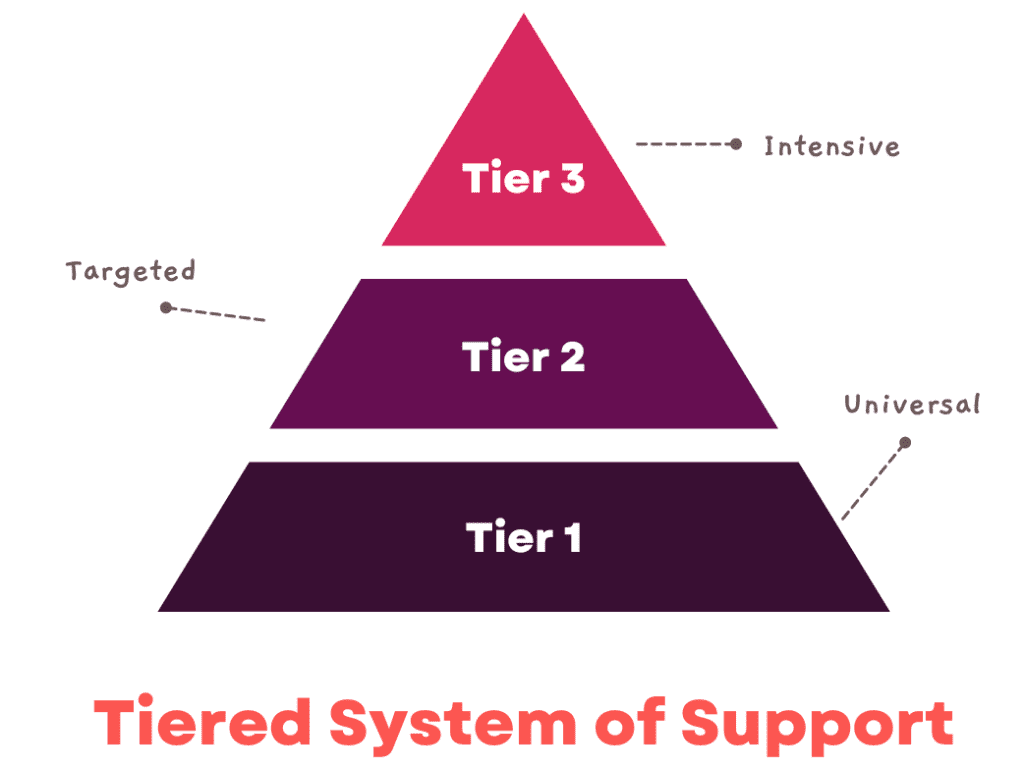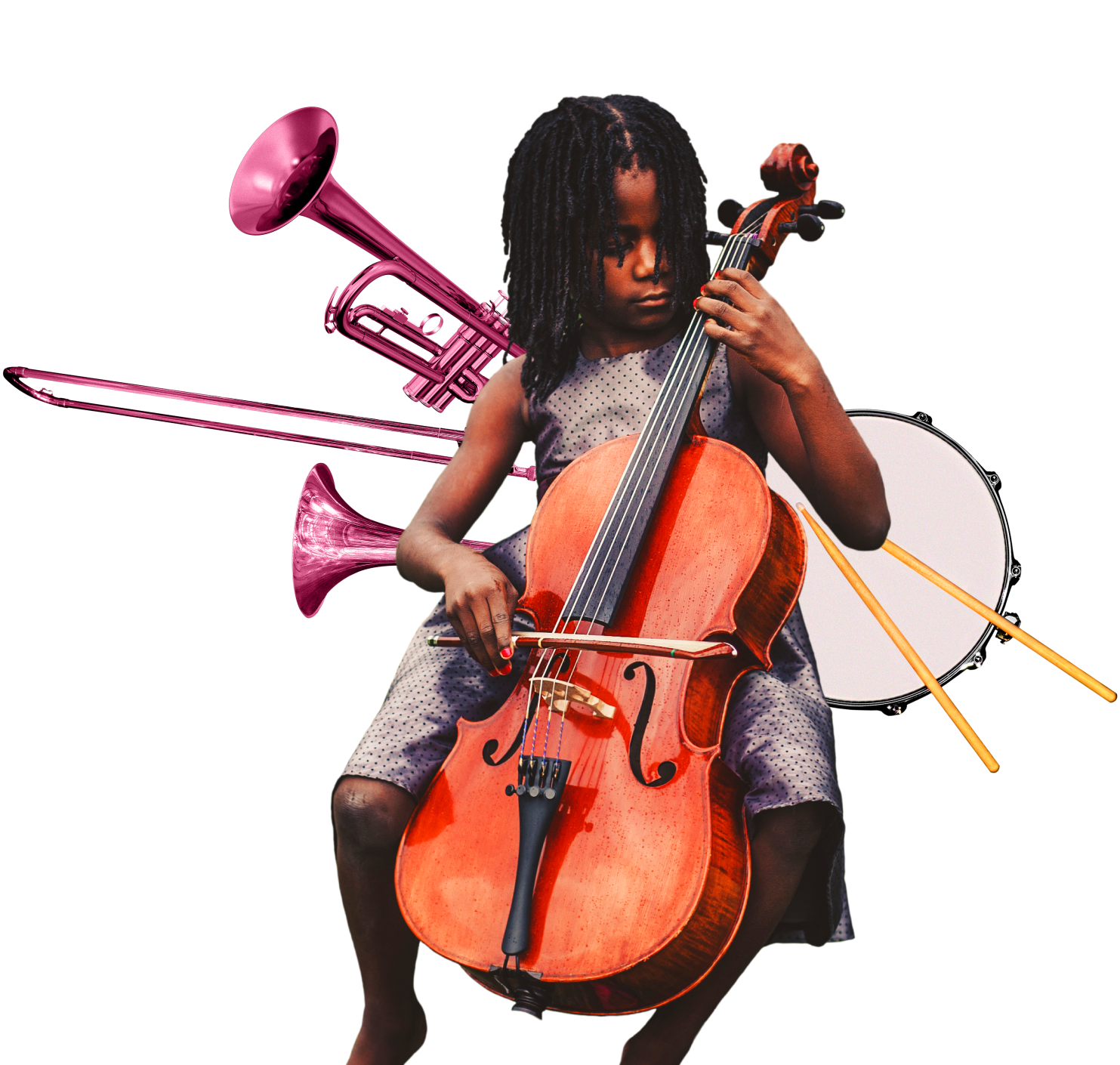Hello, you are using an old browser that's unsafe and no longer supported. Please consider updating your browser to a newer version, or downloading a modern browser.
Hello, you are using an old browser that's unsafe and no longer supported. Please consider updating your browser to a newer version, or downloading a modern browser.

If you are involved in discussions around student support, you likely have heard acronyms like MTSS, RTI, and PBIS. These frameworks share common goals aimed at enhancing educational outcomes and fostering holistic development among students. Let’s take a quick look into the similarities and differences among MTSS, RTI, and PBIS to better understand how implementing these strategies can impact schools.
Response to Intervention (RTI) is a systematic approach aimed at early identification and support of primarily focused on academics. It involves a multi-tiered system of instruction and intervention, where students’ progress is continuously monitored to determine the effectiveness of interventions. According to the National Center for Response to Intervention, “A goal of RTI is to minimize the risk for long-term negative learning outcomes by responding quickly and efficiently to documented learning or behavioral problems.”
PBIS focuses on behavior and school culture rather than academics. Positive Behavioral Interventions and Supports (PBIS) is a tiered framework implemented to improve and integrate all the data, systems, and practices affecting student outcomes daily. According to the center on PBIS, “ PBIS improves social-emotional competence, academic success, and school climate. It also improves teacher health and wellbeing. It is a way to create positive, predictable, equitable and safe learning environments where everyone thrives. “ PBIS can address issues of racism, disparities in discipline, and teacher burn out.
Multi-Tiered System of Supports (MTSS) is a comprehensive framework designed to address academic, behavioral, and social-emotional needs of all students. MTSS expands upon RTI by incorporating a broader range of supports beyond academic interventions. MTSS is often considered an umbrella term encompassing various tiered intervention systems such as RTI and PBIS. This holistic approach acknowledges the interconnectedness of academic and behavioral issues in students. It also requires collaboration from all stakeholders including parents. As schools increasingly adopt MTSS, they aim for an integrated tiered support system that considers academic and behavioral in data collection and intervention planning. This shift underscores the importance of addressing students’ diverse needs comprehensively.
MTSS, RTI, and PBIS all take a systematic and proactive approach to improving student outcomes. MTSS and RTI frameworks share essential elements like screening, progress monitoring, multi-level prevention system, and data-based decision-making. PBIS recognizes five connected elements: equity, systems, data, practices, outcomes.
Both RTI and MTSS rely on continuous data collection and analysis to inform instructional decisions. By utilizing universal screening assessments and progress monitoring tools, educators can identify students’ needs, track their progress, and adjust interventions accordingly.
RTI, MTSS, and PBIS employ a tiered approach to intervention delivery. Tier 1 is universal support or core instruction to all students, while Tier 2 and Tier 3 interventions offer targeted and intensive support to students who require additional assistance. Tier 2 is often done in small groups and tier 3 can be one-to-one intervention. Integrating these tiers allows school districts to provide a continuum of support based on students’ varying needs.

Collaboration among educators, administrators, parents, and support staff is essential across all frameworks. By fostering a collaborative culture, school districts can ensure that interventions are implemented effectively and that resources are allocated efficiently.
Integrating RTI, PBIS, into MTSS enables school districts to streamline resources and avoid duplication of efforts. By aligning intervention strategies and support services, districts can maximize the impact of available resources and ensure that all students receive appropriate support. OnCourse MTSS can help you integrate and manage your all your student supports in one system. By bringing your data to one centralized place you can save your staff time and increase transparency across your schools.

We use cookies to analyze our traffic. We share anonymized and aggregated data about the use of our website with analytics partners. Please see Privacy Policy for more information.